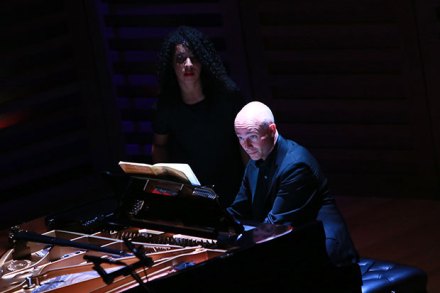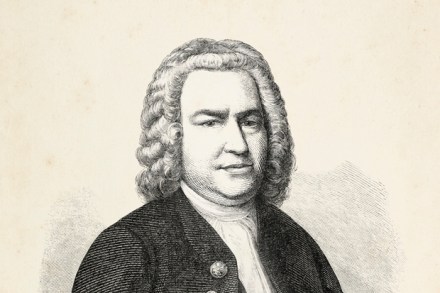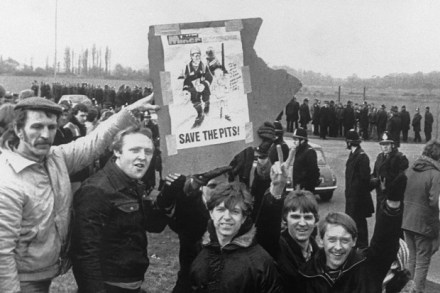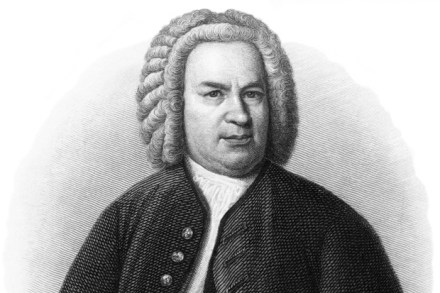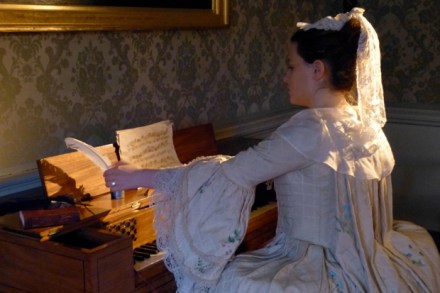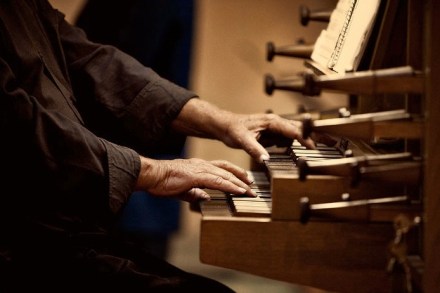Grave goods
There’s a folder in my computer’s external hard drive in which you’ll find 24 complete recordings of the Bach Cello Suites, 100 recordings of Beethoven’s Fifth Symphony, 97 of his Sixth, 107 of his Seventh, 65 of Bruckner’s Seventh, 26 of Debussy’s La Mer, 44 Fauré Requiems, 25 Mozart Requiems, 79 Mahler Sixths and 45 Rachmaninov Second Piano Concertos. That sounds as if I’ve moved beyond anorak collecting to compulsive hoarding; or maybe I have delusions of presenting Building a Library on Radio 3 (‘… but only Tennstedt, with his impulsive diminuendo, grasps that the second subject is tragically compromised by the shift to C sharp minor’). Actually, I didn’t
